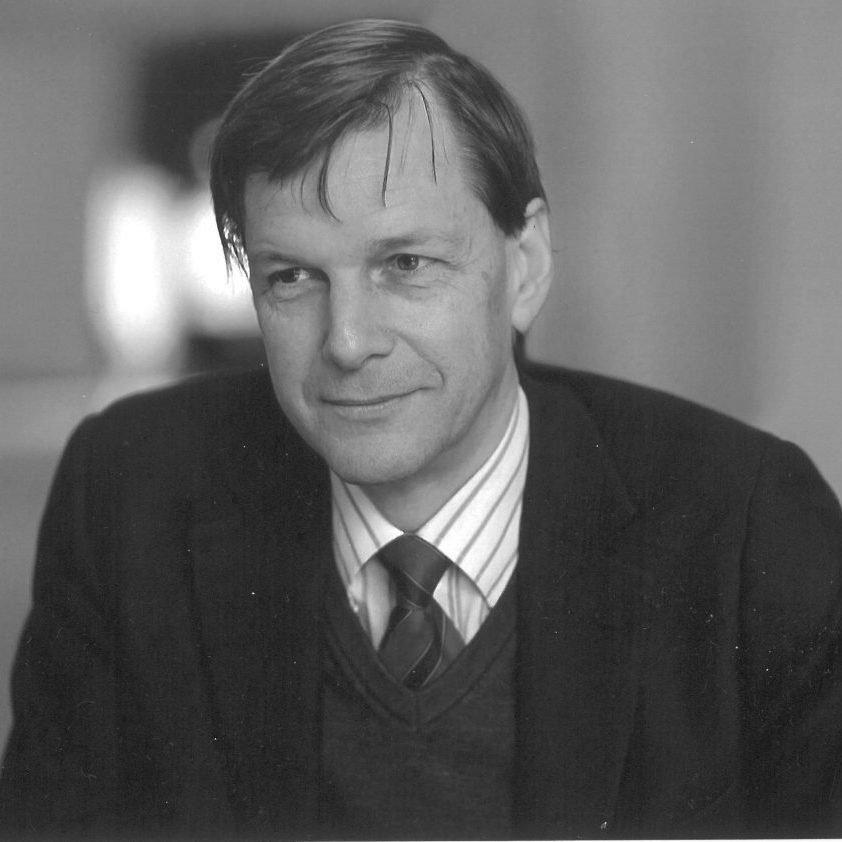Welcome

The purpose of this website is to circulate information about the life and work of Sergei Olegovich Prokofieff. The site is in process of construction and will gradually make more and more information available. The initial item is a brief biography, to be followed by a list of all published books together with translations made hitherto.
Sergei O. Prokofieff was born in 1954 in Moscow. His father was Oleg Sergeyevich Prokofiev, the second son of the famous composer Sergei S. Prokofiev, his mother Sophia Leonidovna Prokofieva, née Feinberg. His father was a painter who also made coloured installations of a sculptural nature. His mother, a book illustrator and author, is known in Russia primarily as a writer of books for children and has written successful works in a variety of areas: drama, poems, novels and film scripts. The other family members – all living in a fairly large flat – specialised in different arts and sciences: music, painting, architecture, physics, mathematics and European languages (and also Japanese). It was a very cultured family with a richly cultivated background and an acceptance of various world-views; and it made its mark on the young Sergei Prokofieff.
After completing his school career, with French as a foreign language, he began to study painting at the Moscow Academy of Art. The distinction that he achieved in the history of art led after the awarding of his diploma and military service to employment as a specialist in European art at the Pushkin Museum, where he worked from 1979 until 1985.
His grandfather Leonid Feinberg’s friendship with Maximilian Voloshin (1877 – 1932) initiated for Sergei Prokofieff already in adolescence a connection with this poet and anthroposophist and a relationship with his wife and with Koktebel in Crimea, the place where Voloshin had lived. In the large library of the house the 14-year-old Sergei discovered works by Rudolf Steiner. In the course of these years he acquired considerable knowledge of philosophy, intellectual history, world literature and the cultural heritage of Europe. His inner involvement with spiritual and Christian themes is reflected in the poems that he wrote between the ages of 17 and 19. The poems were published in Moscow under the title of Мистический огонь души (The Mystical Fire of the Soul).
In 1973 he met a young Russian painter and teacher from Leningrad, who was also interested in anthroposophy. Through him he formed a connection with other Russian anthroposophists in various towns and cities of the country, who had under the Soviet Government become accustomed to studying in small underground groups. Working with a group in Moscow led to an intensified engagement with anthroposophy. There he also met visitors from Europe. At this time he learnt German in order to be able to read Rudolf Steiner’s work in the original language. Between 1979 and 1981, alongside his work at the museum, he wrote his first book Rudolf Steiner and the Founding of the New Mysteries, which appeared in 1982 in Stuttgart. Ursula Preuss, who would be his translator over the coming years, had translated it into German.
In the autumn of 1981 he made a journey to see his father, who was meanwhile living with a new family in London, to England, Dornach (Switzerland) and Germany. During this journey he met Astrid Seufert, who would become his wife. In spring 1982 he returned to Moscow for intensive study of anthroposophy in the groups and for writing further books such as The Cycle of the Year as a Path of Initiation, while continuing his work at the Pushkin Museum and in the ‘Youth Organisation of Russian Artists’, together with contributing to small exhibitions. In 1985 he was able to emigrate to Germany; and this was followed by a period of studying at the Goetheanum in Dornach. His work as a writer was supplemented by his activities as a lecturer and his involvement in seminars in the German-speaking world. Between 1988 and 2001 he lived with his wife in Bad Boll, Germany.
When perestroika opened up new possibilities in Russia, Prokofieff was together with his wife able to participate in the re-founding of the Anthroposophical Society in Russia. His involvement in Russia and Germany and in the world-wide anthroposophical movement led in 2001 to his appointment as a Council member to the leadership of the General Anthroposophical Society in Dornach; and he combined his Vorstand (Council) responsibilities with lecturing and seminar work in the context of the School of Spiritual Science at the Goetheanum and in the Anthroposophical Societies of various countries. Numerous publications followed, together with translations into 21 different languages.
In 2013 Sergei Prokofieff had to bring his work on the Vorstand to an end owing to ill health. At the very end of his life (he died in July 2014) he was able to complete some further important projects. The further publication of such works and of new editions of his books will henceforth be entrusted to the Sergei O. Prokofieff Archive.
Astrid Prokofieff